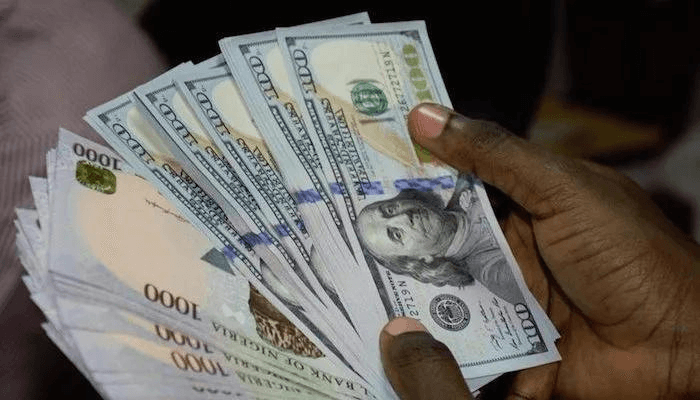The Central Bank of Nigeria has said the country’s external gross reserves increased by $64 million to $39.2bn in July 2022.

The rise is the second in a row and follows a more substantial increase of $672m recorded in June.
Although the CBN did not indicate the drivers of the external reserves in its data, remittances from Nigerians in the diaspora have been tipped by experts to be the main source of this increase.
The dwindling FX inflow from crude oil due to the oil sector’s low productivity, flight to quality by portfolio investors away from emerging markets, and non-issuance of external debt indicates that these sectors could not be the cause of the increase.
Total reserves as of end-July covered 9.1 months of merchandise imports based on the balance of payments for the 12 months to March 2022, and 7.1 months when services are being added.
Nigeria’s foreign reserves have witnessed a sharp decline in recent months. It is however healthy when compared to Egypt’s FX reserves which have declined far more than Nigeria’s.
For Egypt, debt service costs totalling $2bn (including coupons for Eurobonds and principal and interest payments to the IMF) were largely responsible for the sharp fall in the reserves.
Other factors include the impact of shocks to the external environment, brought on by the Russian-Ukraine conflict, which led to a higher import bill (due to rising commodity prices), the large-scale exit of portfolio investors, and a decline in FX inflow from the tourism sector, of which Russian and Ukraine tourists made up a sizable portion.
By way of comparison, Egypt’s $33.1bn worth of FX reserves as of end-June, were sufficient to cover 5 months of merchandise imports, much less than the 9.1 months covered for Nigeria.


Comments are closed.